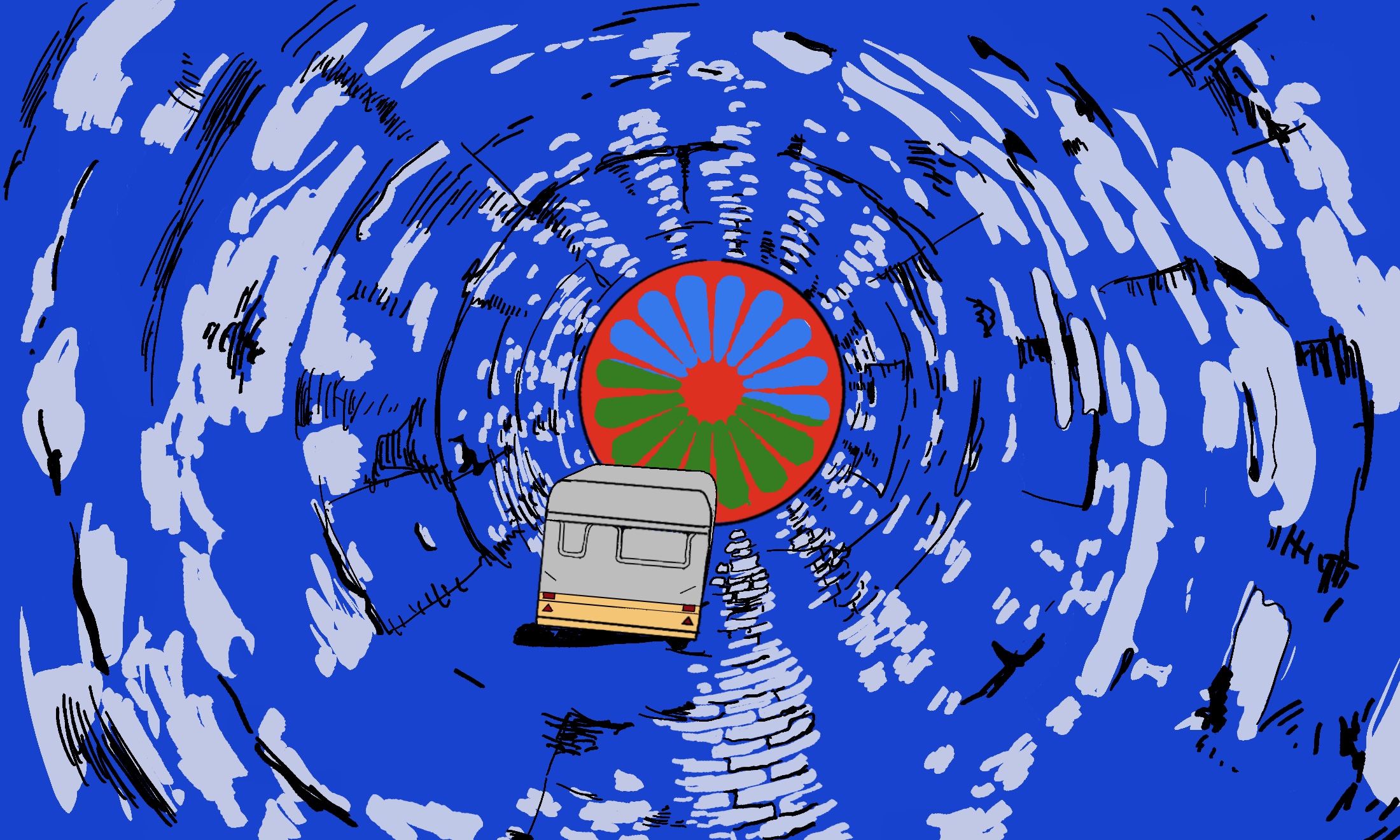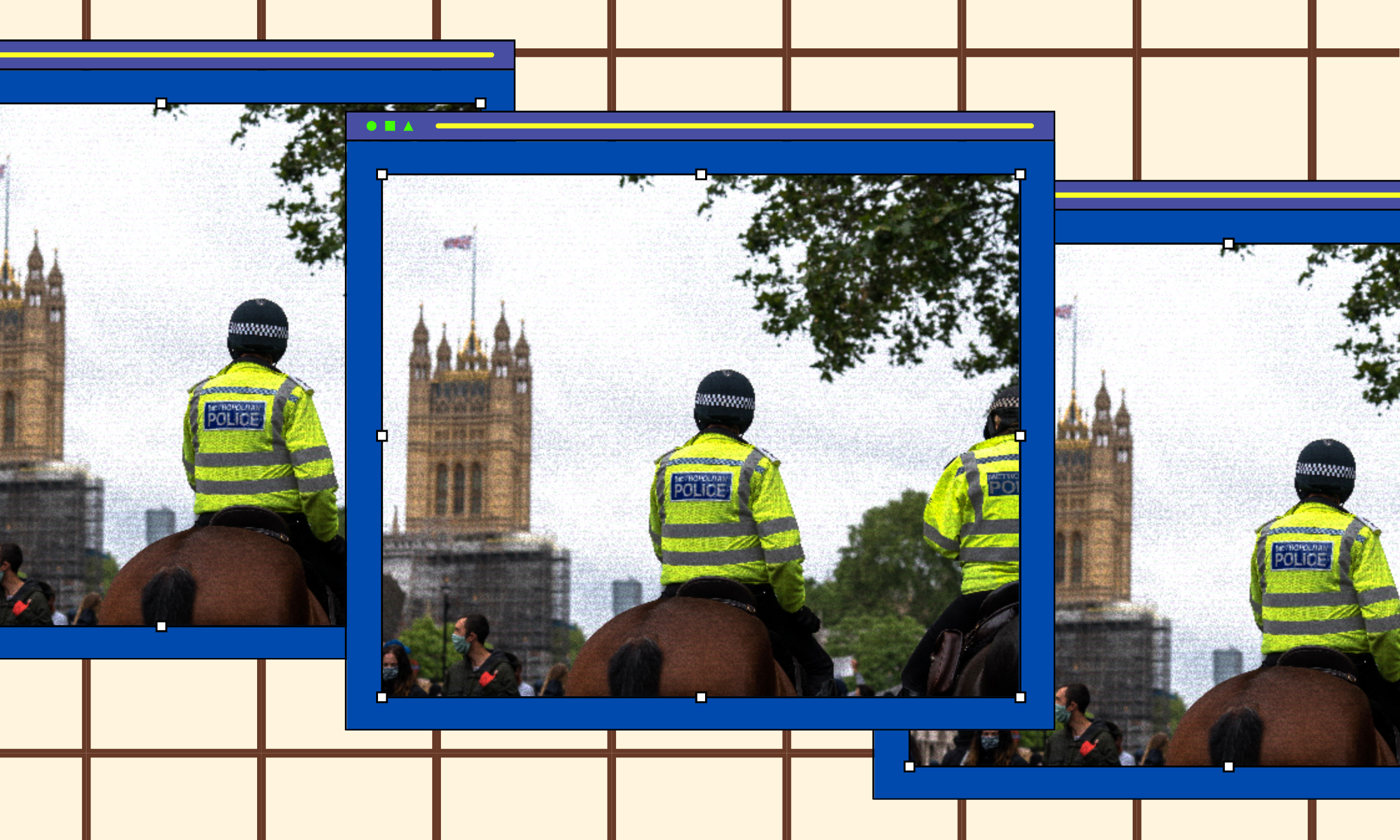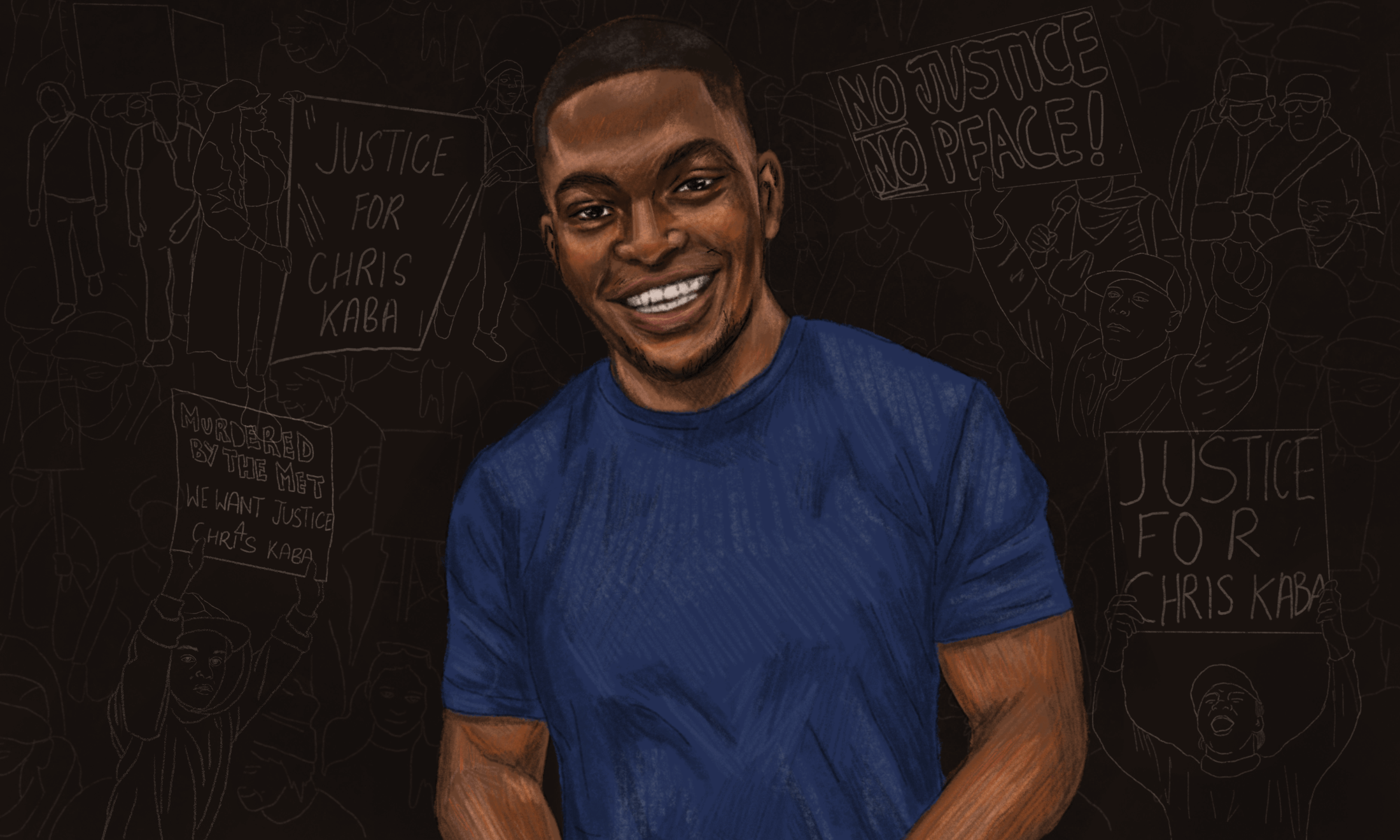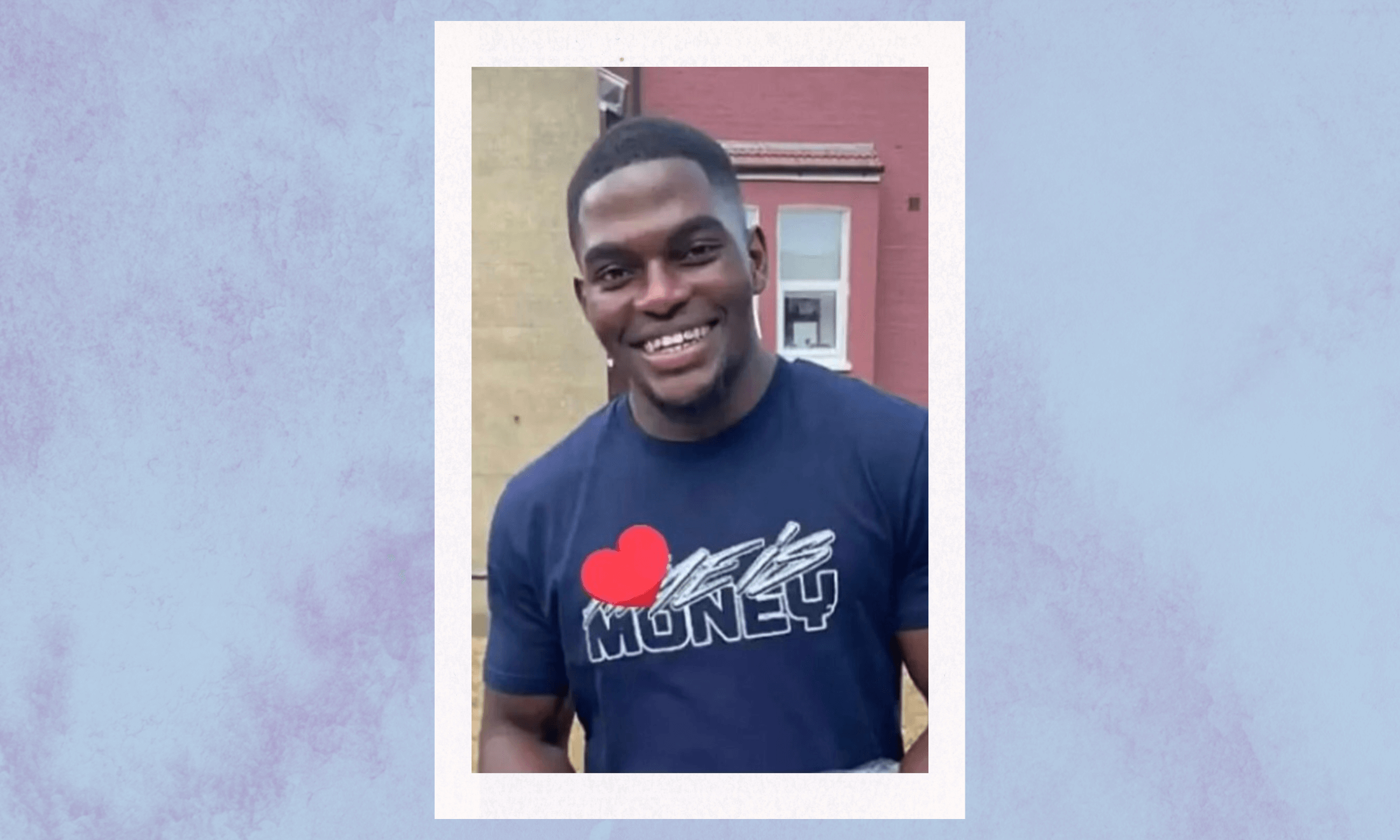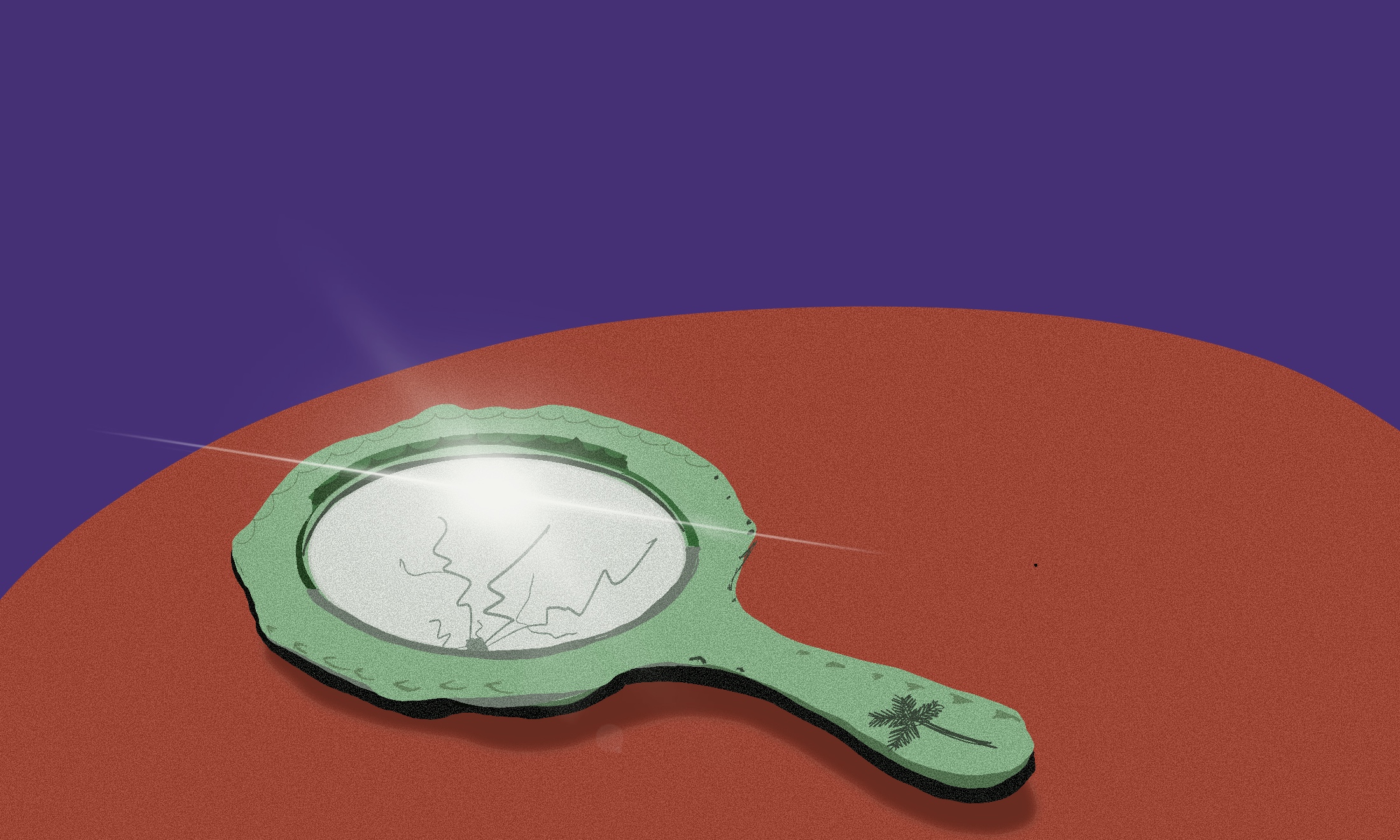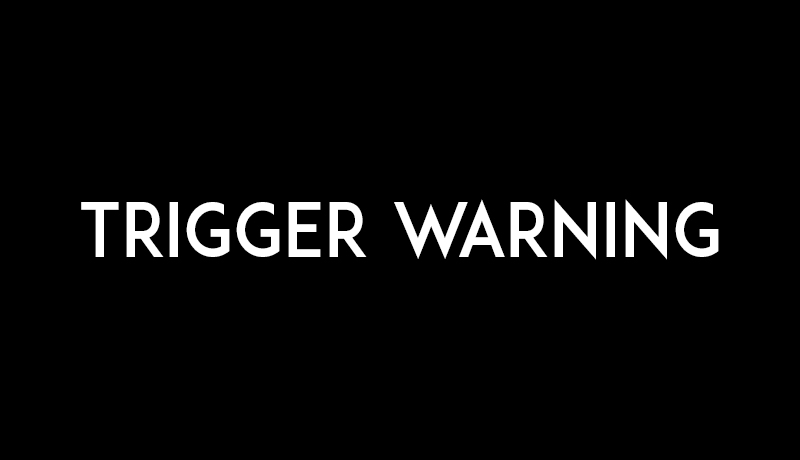
On Tuesday 5 July Alton Sterling was killed by police and, one day later, Philando Castile was also shot to death in his car with his girlfriend and a minor present. Both videos of their murders are readily available to watch and have been circulating on almost every social media platform, uncensored.
Obviously, there is a need for this footage. We no longer have to rely on one person’s word against the other, and more often than not it’s the word of the law enforcement taken into consideration. Now that evidence is readily available for everyone to view we have access to honest and reliable documentation of these horrific events. Unfortunately, even with videos of Tamir Rice and Eric Garner available, nobody was arrested for their murders. Perhaps the footage of their deaths should be left as evidence in the courtroom rather than on our Facebook pages.
Being forced to watch black bodies repeatedly being shot can be particularly traumatic for the black community. Not only is it a terrible emotional strain to witness yet another human being unjustly taken, but the continuous visual documentation of brutality on black lives is desensitising us to the reality and seriousness of what is happening to us.
Why are we, as black people, repeatedly forced to watch and relive one of the greatest injustices in modern history in a way that no one else must endure? The slaughtering of innocent black lives is not a spectacle to be marvelled at and brandished across the news and social media platforms like a modern-day lynching. White bodies are rarely ever treated in this way and, if a video does surface, such as the murders of hostages by ISIS, we are told how outrageous it is and to refrain from watching out of respect for the victims. You will rarely find a live execution of a white person on a platform such as instagram. It’s traumatic and triggering for us.
To the black people living through these hard times, if you can, it’s okay to skip these videos; not watching them for the sake of preserving your mental and emotional wellbeing is not denying or ignoring the existence of brutality against our bodies. Log off Facebook and Twitter if you must, go for a walk in a park, listen to your favourite songs, surround yourself with people you love and cherish or take time to be by yourself and reflect. Be angry, be sad, be scared, be tired, be strong, our feelings are justified and valid. It’s okay to take a break from the constant bombardment of our bodies being brutalised on an international scale.
To all the non-black people, the mistreatment and murder of our people is very real. The footage of deceased should not be treated as some sort of morbid fascination or shared haphazardly on social media. There are black people hurting who don’t want the deaths of those in our community being trivialised and shoved into our spaces without warning. These were real people with families, friends, hobbies, jobs and ambitions and they are never to be reduced to a measly two-minute clip floating around the internet.
Being black is hard. I already know what a black body hitting the ground like a disregarded sack looks like. I have watched innocent children stagger and crumple from flying bullets and I have seen enough blood-soaked backs and hoarse last breaths to last a lifetime. I do not need to see anymore.
It is not our job as black people to open ourselves up and pour our souls out to world on how we are coping in the light of such tragedies. Now, more than ever, self-preservation is key.

